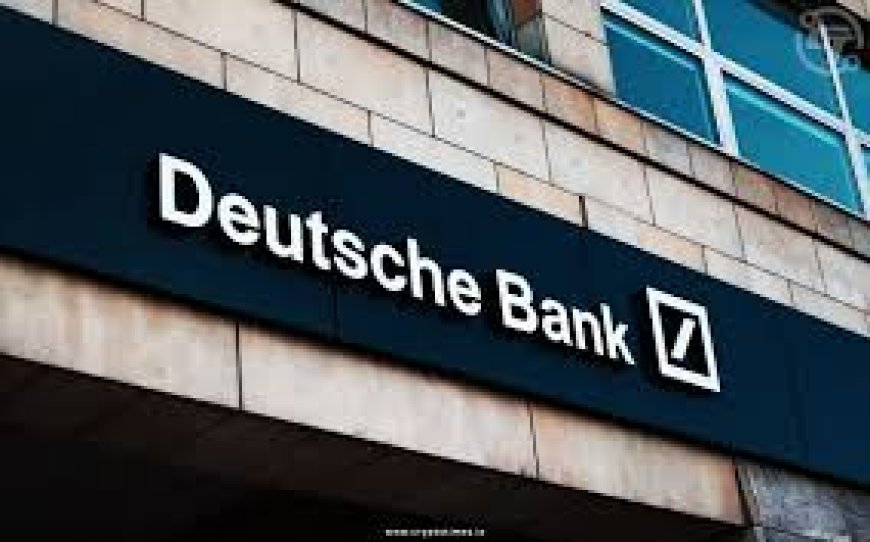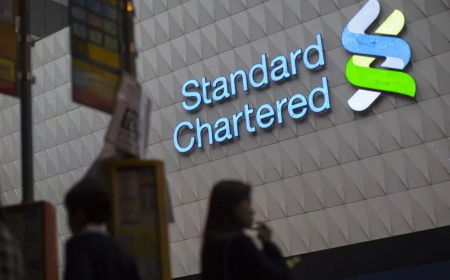Deutsche Boerse is reportedly set to introduce institutional custody services for Bitcoin and Ether
Deutsche Boerse is reportedly set to introduce institutional custody services for Bitcoin and Ether

Deutsche Boerse’s Clearstream plans to provide institutional clients with crypto custody and settlement services, broadening its Bitcoin and Ether offerings in 2025.
Deutsche Boerse’s Clearstream is set to introduce cryptocurrency custody and settlement services for institutional clients in 2025, responding to growing demand for regulated digital asset infrastructure.
The German exchange group plans to offer Bitcoin (BTC) and Ether (ETH) custody to its network of over 2,500 institutional clients, with services expected to launch in April, according to a Bloomberg report on March 11.
Clearstream will facilitate these services through Crypto Finance AG, a Swiss subsidiary in which Deutsche Boerse acquired a majority stake in 2021.
Additionally, Clearstream intends to expand its offerings to include other cryptocurrencies and services such as staking, lending, and brokerage.
“With this offering, we are creating a one-stop shop around custody, brokerage, and settlement,” said Jens Hachmeister, head of issuer services and new digital markets at Clearstream.
The initiative aligns with a broader institutional shift toward regulated crypto services in Europe, following the full implementation of the Markets in Crypto-Assets Regulation (MiCA) on Dec. 30, 2024.
This move follows nearly two months after Boerse Stuttgart Digital Custody became the first German crypto asset service provider to secure a full MiCA license.
Boerse Stuttgart obtained its license as part of its strategy to establish itself as a regulated infrastructure provider catering to banks, brokers, and asset managers.
Concerns Over MiCA’s Potential Overregulation
While the Markets in Crypto-Assets (MiCA) regulation is widely regarded as a positive step toward global crypto oversight, some industry experts fear it may lead to excessive regulation, potentially discouraging retail investors and prompting crypto firms to leave Europe.
Although MiCA aims to create a more structured industry, it also focuses on identifying “weak points of control” within the crypto sector, which could result in increased scrutiny for retail investors and end-users of crypto platforms, according to Dmitrij Radin, founder of Zekret and chief technology officer at Fideum, a firm specializing in regulatory and blockchain infrastructure for institutions.
"Retail users will face greater obligations to provide personal data, which will undergo screening. They will be more accountable, and many Europeans will experience increased taxation," Radin noted.
The regulation also opens the door for enforcement actions against blockchain protocols that do not adhere to MiCA standards. During the initial implementation phase, European governments may take legal action against noncompliant platforms.
Some blockchain regulatory experts are also concerned that MiCA could drive consolidation among crypto firms with limited financial resources. This may lead to an exodus of companies to regions like the Middle East, where regulatory frameworks are more accommodating.
What's Your Reaction?
 Like
0
Like
0
 Dislike
0
Dislike
0
 Love
0
Love
0
 Funny
0
Funny
0
 Angry
0
Angry
0
 Sad
0
Sad
0
 Wow
0
Wow
0









































































